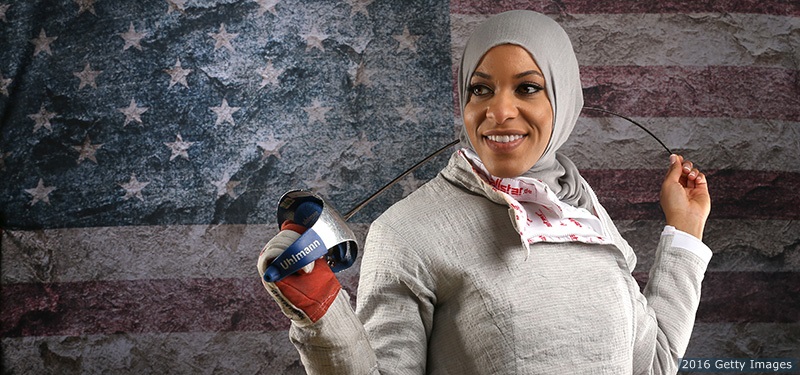For USOC, silence wrong road to follow after Coulter slur of Muslim Olympian
/The United States Olympic Committee is deservedly proud for having been named last week as one of this year’s business diversity leaders by Profiles in Diversity Journal, honoring the USOC’s commitment to diversity and inclusion as “a means to achieve business success.”
For the USOC, that commitment can refer to both the athletes who represent the United States at the Olympics, their coaches and the organizational staff hired to support them - in the case of this award, specifically Jason Thompson, the USOC director for diversity and inclusion. Athletes, coaches and staff combine to help create the success measured in medals and other noteworthy performances at the Olympics and Paralympics.
That’s why I wish the USOC had done itself even prouder by calling out Ann Coulter for her hateful, racist tweet related to Ibtihaj Muhammad, a black, Muslim woman emblematic of the rich diversity on the 2016 U.S. Olympic team.
Read More




